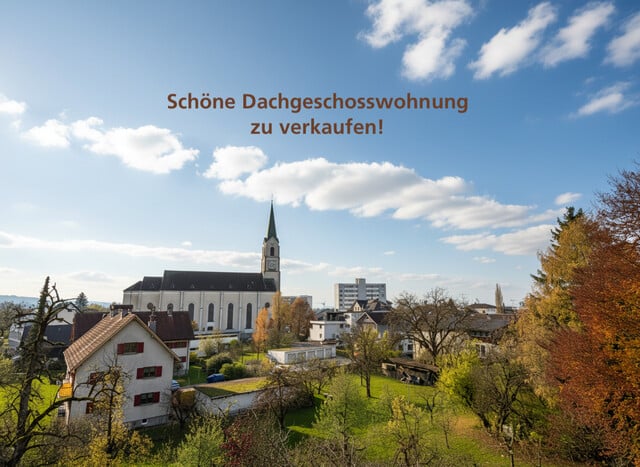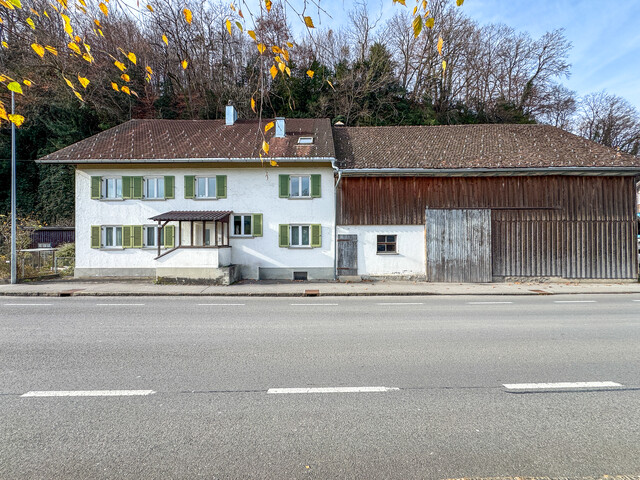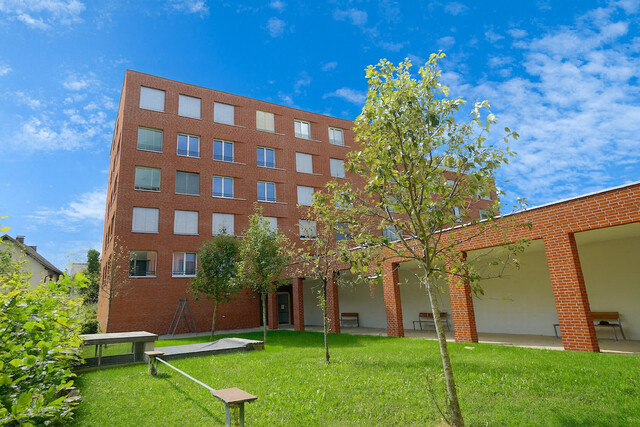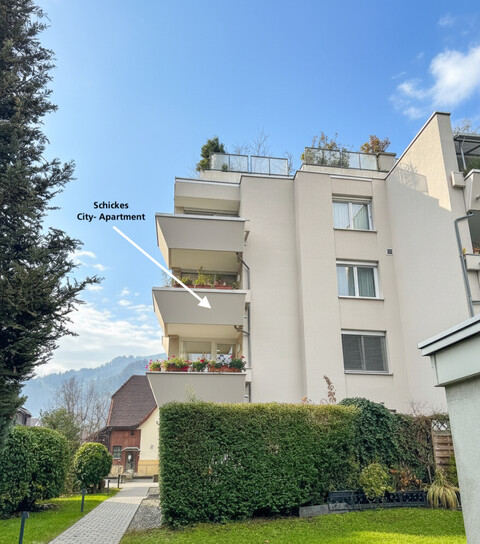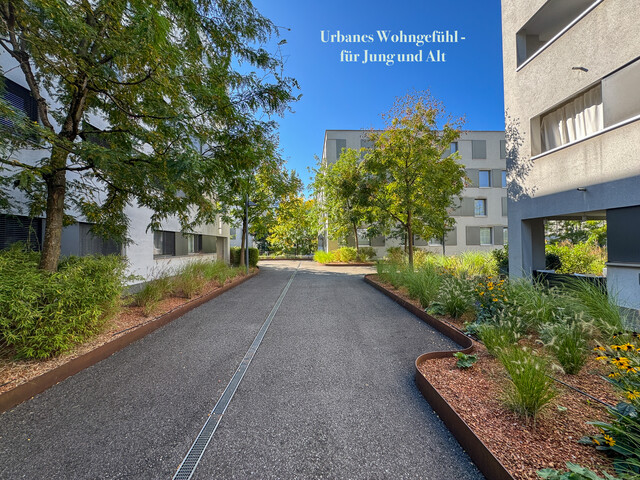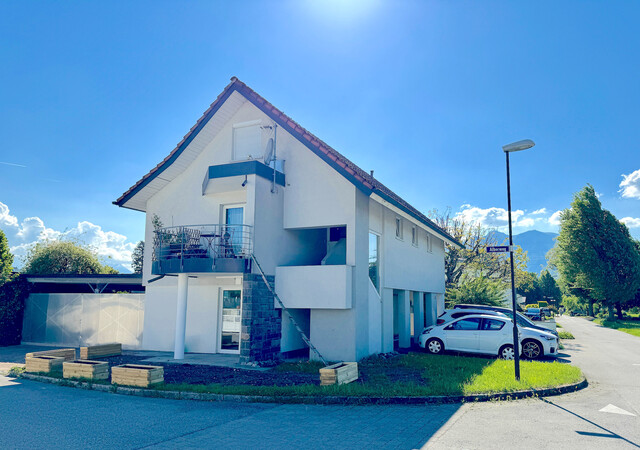Changes in Primary School Teacher Education

From October, the primary school teacher training will be restructured. The Bachelor's degree will then last only three instead of four years, while the Master's degree will be extended by one year to two years. There are also some content changes: In the future, all students must take courses in German as a foreign language and English. As demanded by new teachers, practical experience will also be expanded: This includes, among other things, two weeks of summer school and a four-week practical block.
Last reform ten years ago
The study plans for primary schools were last reformed ten years ago. In the new study plans, the individual Pedagogical Universities (PH) have now addressed the upheavals that have occurred since then - from digitalization to refugee movements - according to the chairman of the Quality Assurance Council (QSR), Andreas Schnider, to the APA.
The QSR, which for the first time was involved in the development of the curricula, has focused on topics such as artificial intelligence, digitalization, as well as diversity and inclusion (including multilingualism and interculturality). Additionally, at the request of the Ministry of Education and graduates, the areas of parental work, where the requirements have changed significantly due to immigration over the past ten years, and school law, which should be more specifically oriented towards the subject in the future, have been included. Schnider is very satisfied with the implementation in the study plans. "The PH have mastered this very well." They are now also better at integrating theory and practice than some universities.
German as a foreign language
For the first time, thematic focuses have been legally anchored, which every PH must offer mandatorily. German as a foreign language must now be taken by all prospective primary school teachers, which, according to Schnider, is also due to the current situation in schools with many refugees from other linguistic and cultural backgrounds. Interculturality is also a topic in many other areas, such as parental work.
According to the new curricula, English is "on the timetable in almost every semester," says Schnider. In this subject, primary schools are facing a change: Currently, the living foreign language - usually English - is still a compulsory exercise in primary school, but from the school year 2025/26, it will be a compulsory subject in the third grade and will be graded accordingly. The fourth grades will follow suit the following year.
Socially relevant topics such as violence prevention or anti-discrimination must be given more space in the new curricula than before and have been "really incorporated in various places," according to Schnider. Like many other focal points, these are cross-cutting issues that are addressed in various courses.
Summer School and Practical Block
As demanded by teacher representatives and young teachers, more practical experience should be included in the training, with Schnider placing particular emphasis on guidance and reflection. Specifically, two weeks of summer school, where one teaches almost independently, and a continuous four-week practical block at a school in the 5th or 6th semester - just before the end of the bachelor's degree - have been added. These blocks also improve the collaboration between university, school, and education directorate, which is essential for a successful internship. "Because if the employer does not cooperate with its principals, the university can develop the most beautiful curricula."
The political goal that the second part of teacher training with the master's degree should be more compatible with working life can be seen in the study plans through attendance requirements and digital offerings. However, much more important is the good cooperation between the education directorates, universities, and principals. "This has already changed tremendously, namely in the direction of enabling part-time master's studies."
Teaching and Master's Degree
For Schnider, the best system would be if young teachers go to teach at school after their bachelor's degree and pursue their master's studies alongside work. This was originally planned in the 2014 teacher training reform and would also be the most meaningful in terms of content according to evaluations. "The greatest increase in competence occurs when someone is in practice and is well supported and backed by the school management." In the development of master's programs that truly relate to the practice of teachers and are compatible with working life, "we are not yet at the end of the line."
It is true that currently, due to staff shortages, young teachers are often deployed with so many hours at schools that they cannot study properly alongside. However, the goal must be to get teachers used to looking at their own practice with a researcher's eye and thus gaining impulses for their actions. Topics such as parental work or school law could then be integrated into a master's program in a completely different way than if they are conveyed purely in theory, according to Schnider. "One must have the courage not to lower the quality even in times of need."
(APA/Red)
This article has been automatically translated, read the original article here.
Du hast einen Hinweis für uns? Oder einen Insider-Tipp, was bei dir in der Gegend gerade passiert? Dann melde dich bei uns, damit wir darüber berichten können.
Wir gehen allen Hinweisen nach, die wir erhalten. Und damit wir schon einen Vorgeschmack und einen guten Überblick bekommen, freuen wir uns über Fotos, Videos oder Texte. Einfach das Formular unten ausfüllen und schon landet dein Tipp bei uns in der Redaktion.
Alternativ kannst du uns direkt über WhatsApp kontaktieren: Zum WhatsApp Chat
Herzlichen Dank für deine Zusendung.


